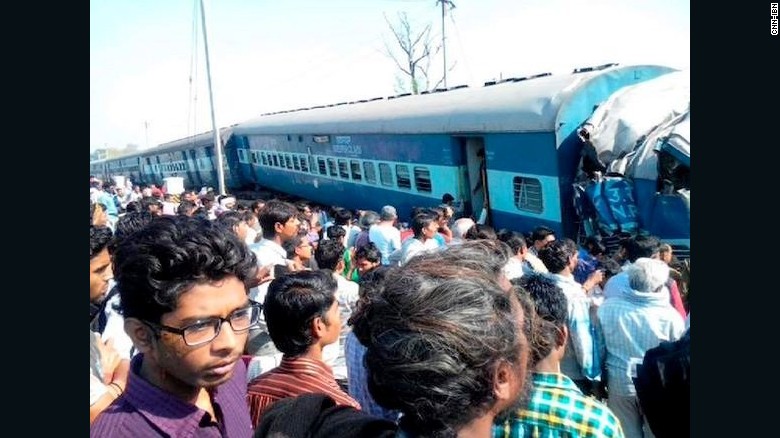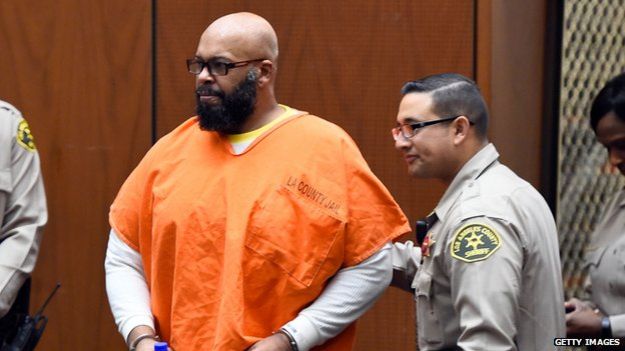
Zimbabwean President Robert Mugabe, who is also chairman of the African Union, arrives at Ngurdoto Mountain Lodge in Arusha on Saturday to open the Third China-Africa conference of young and upcoming leaders. Escorting him are the Minister for Agriculture, Food Security and Cooperatives, Mr Stephen Wassira (left), and CCM Secretary-General Abdulrahman Kinana (right).
Arusha. Some leaders of African independence
parties are presiding over the looting of national resources at the
expense of public service delivery, according to Zimbabwean President
Robert Mugabe.
Mr Mugabe, who is also the African Union chairman,
said in Arusha on Saturday that some leaders were preoccupied with
amassing wealth instead of striving to resolve development challenges to
improve the lives of their people. He was speaking at the official
opening of the 3rd China-Africa conference of young and upcoming leaders
at Ngurdoto Mountain Lodge.
Without naming names, President Mugabe said some
leaders of parties that have ruled African nations since independence
were living in obscene luxury while their people lived in abject
poverty, adding that greed and self-centred attitudes cost African
countries billions of dollars annually.
Mr Mugabe, who is not known to mince words, said
most African countries were struggling with class issues that have led
to social tensions and revolt as unemployment among young people rises.
“In some nations, corruption and lack of economic
opportunities for the masses amid huge resource exploitation has turned
the people against their pre-independence or post-independence leaders.”
The Zimbabwean president showered praise on
Tanzania’s founding father, Mwalimu Julius Nyerere, saying Mwalimu did
not die a rich man, but left a rich legacy for his people that continues
to shine to this day. Tanzania would forever remain in Zimbabweans’
hearts as a result of Mwalimu’s selfless dedication to their liberation
struggle, President Mugabe told 400 delegates from 43 African countries
and China.
Mr Mugabe cautioned aspiring leaders on the
continent to be wary of what he said were machinations by
neo-colonialists to grab Africa’s resources at the expense of the
well-being of future generations.
“Neo-colonialism is all about looting
resources...our youth must guard the godsend, particularly land,”
President Mugabe said amid deafening applause by delegates.
President Jakaya Kikwete, who showed up briefly at
the conference, paid glowing tribute to Mr Mugabe, saying he was
Africa’s exemplary statesman.
Mr Mugabe said colonialists were returning to
Africa through the back door in the name of investors, non-governmental
organisations, and political parties, and urged the new breed of African
leaders to be wary of indiscreet forms of slavery.
It was time African governments empowered their
youth to exploit resources, he said and challenged African nations to
kick out wayward investors.
President Mugabe said some Western countries were
uncomfortable with the growing cooperation between Africa and China
because they view the Asian powerhouse as a threat. “China has greatly
contributed to Africa’s political and socio-economic achievements, and
the continent will never hate it,” vowed Mr Mugabe, citing the
Tanzania-Zambia railway as one of the milestones resulting from the
Africa-China cooperation.






 A crowd watches as emergency workers help victims of a passenger train derailment in India's Uttar Pradesh state on Friday
A crowd watches as emergency workers help victims of a passenger train derailment in India's Uttar Pradesh state on Friday







